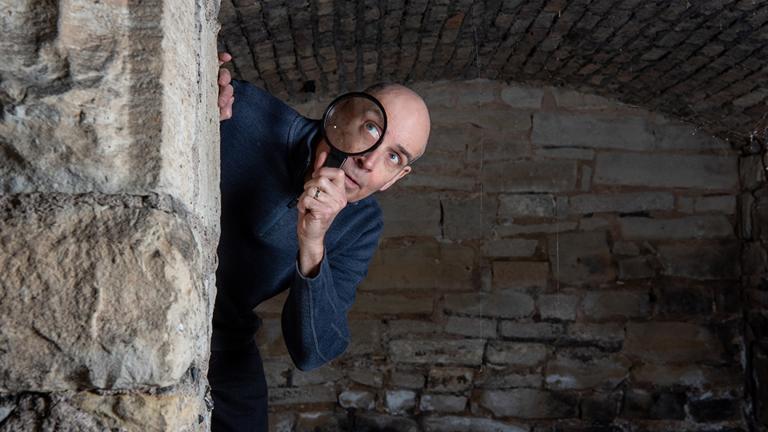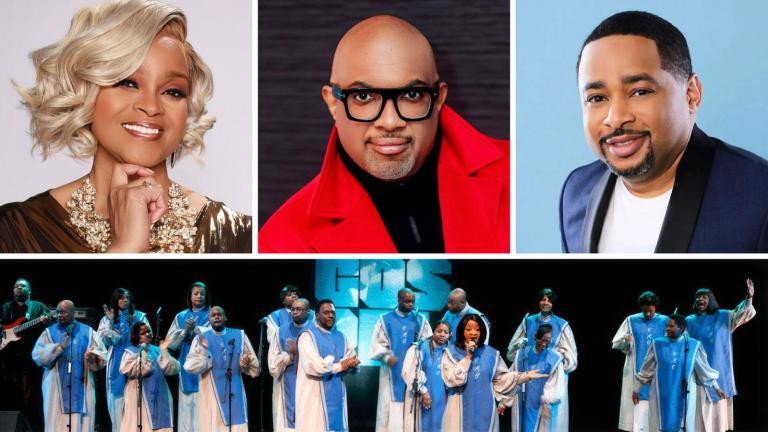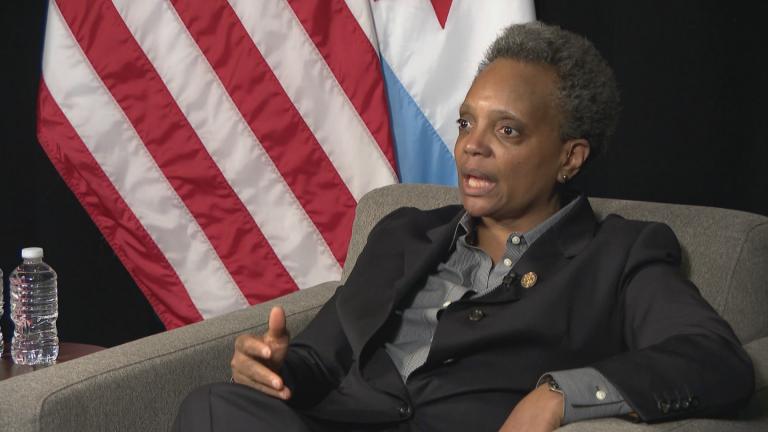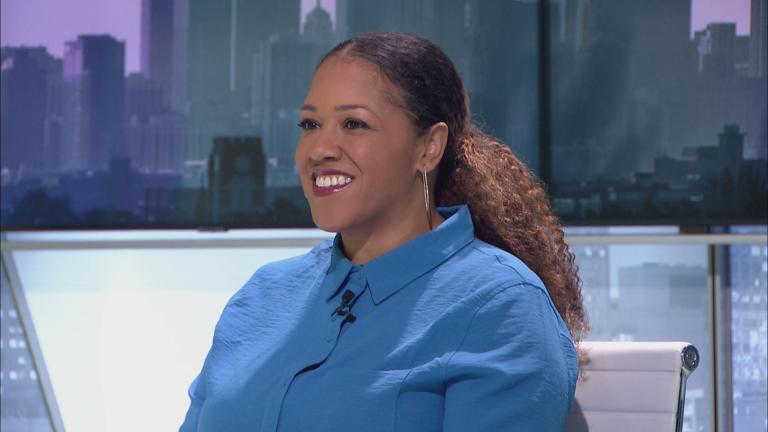Signs for Douglas Park on Chicago’s West Side have received an unofficial update in recent weeks: a second “s.”
First reported by Block Club Chicago, the vigilante change comes after years of activism in North Lawndale to rename the park after abolitionist Frederick Douglass instead of its current namesake, Stephen Douglas.
Douglas served as a U.S. senator for Illinois from 1847 to 1861. He famously defeated Abraham Lincoln in the 1858 Senate race, where he advocated for letting individual states decide if slavery should be upheld. Lincoln would later defeat Douglas in the 1860 presidential election.
One person who believes the park name should be changed is Sheila McNary, an executive member of the North Lawndale Community Coordinating Council (NLCCC). McNary says her reasoning is twofold: to honor Frederick Douglass, and to remove Douglas’s name from a public space in a African American majority neighborhood.
“I think the name should be changed because of who Frederick Douglass was and who he stands for in our community. He was a slave himself, he was an abolitionist, he was against slavery, he believed in rights for all,” McNary said. “Stephen Douglas … said that black people were not equal to whites. And that’s a slap in our face.”
The current movement to rename the park began in 2017, when a group of students at Village Leadership Academy in the South Loop petitioned to change the name. McNary says the students then presented to the NLCCC, who helped raise awareness about the issue.
But there’s been little movement since. In a statement, the Chicago Park District says no formal request to rename Douglas Park has been submitted. They also say there’s no precedent for changing the name of a park that was named after a historical figure.
And not everyone is eager to see Douglas Park renamed.
Ted Karamanski is a professor at Loyola University Chicago, where he oversees the school’s public history program. He’s also written extensively about Chicago during the Civil War.
There’s no doubt, Karamanski says, that Douglas’s attitudes and thoughts on slavery should be part of his historical record.
“His career was based upon this idea that the slavery issue could be papered over, and the North and South could be kept together and that that was, for him, a moral imperative,” he said.
But Karamanski says it’s important to also remember the outsize role Douglas played in Chicago’s early development, like his efforts to bring the Illinois Central Railroad to the city.
“This really helped make Chicago the rail center for America,” Karamanski said. “He got the railroad not only to begin in Chicago, but he secured a huge federal land grant that made the railroad economically possible to build.”
Karamanski says keeping the names of places like Douglas Park can act as signposts for people to engage with history.
“I’m not totally against [the name change],” Karamanski said. “But what we lose is the memory of previous generations who had lived, and sacrificed, and helped make Chicago what it is as well. They saw a particular value in honoring Stephen Douglas, who was, let us remember, one of the most notable Chicagoans in the whole history of our country.”








